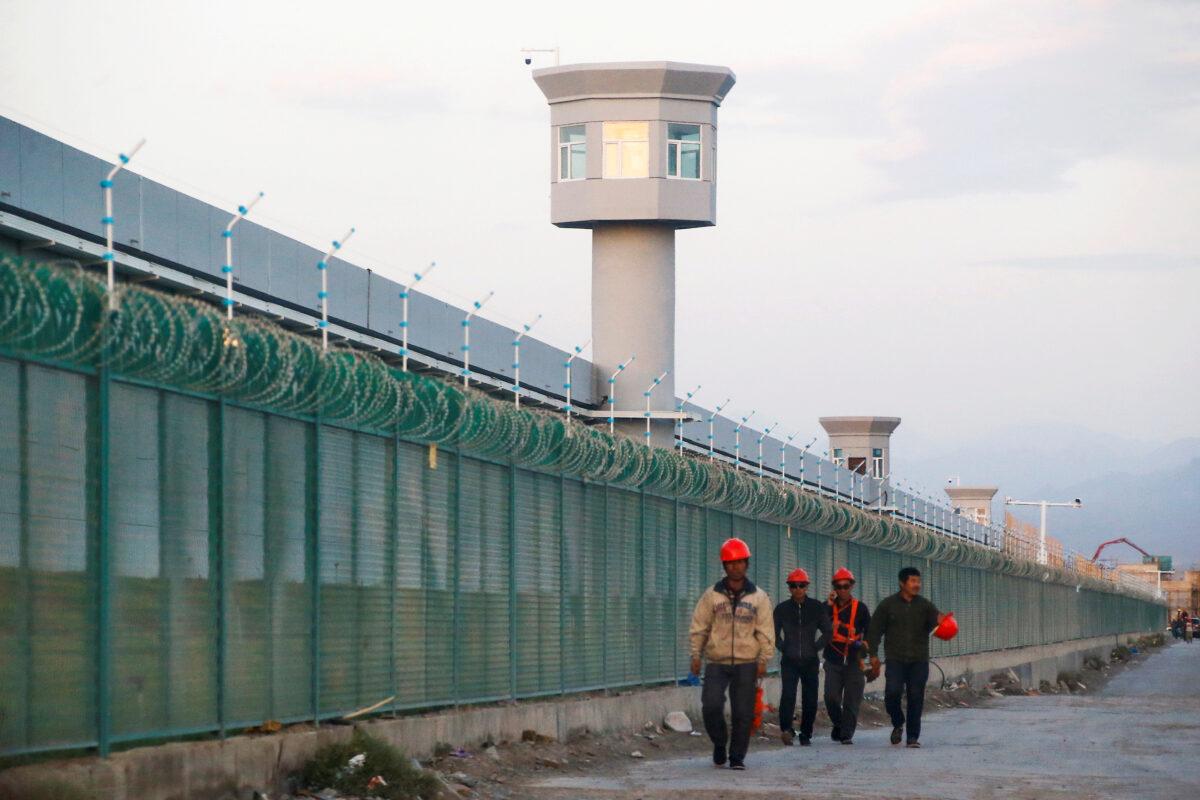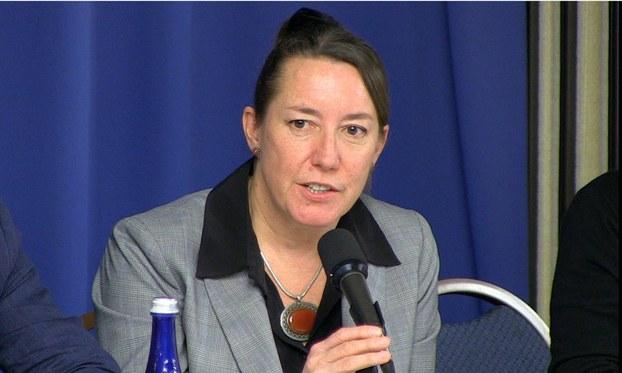More than 400 academics from all over the world have signed an open letter condemning the Chinese regime’s decision to sanction a British scholar for her criticisms of the regime’s abuse of Uyghur Muslims.

The letter said Beijing’s “unprecedented step” matters for three reasons.
“First, the Chinese Communist Party has long used covert attempts to silence critics outside its territory, but these overt new measures against academics are a serious escalation.
“Second, it reflects a misunderstanding of British universities. They are not organs of the state but autonomous institutions devoted to the pursuit of truth—however inconvenient to those in power.
“Finally, by in effect insisting that self-censorship is a prerequisite for academic partnership with Chinese universities, UK scholarly cooperation with China is rendered very difficult, if not impossible.”
The academics said they would “stand in full solidarity” with Smith Finley and assert their commitment to academic freedom. They also called on the UK government and all UK universities to do likewise.
In a statement emailed to The Epoch Times, Smith Finley said she was “totally overwhelmed” by the expressions of solidarity she had received.
“I have by now received hundreds of messages from support from all over the world, including UK politicians (Foreign and Commonwealth Development Office FCDO, peers in the UK Parliament House of Lords, e.g. Lord Tariq Ahmad and Lord David Alton); academic colleagues; academics I’ve never met; students, past and present; think tank researchers; NGOs; Uyghur advocacy organisations; family and friends.
“I am totally overwhelmed by the solidarity expressed, and also heartened by the encouragement to continue doing what I do, no matter what attempt is made to bully or intimidate me. I have no intention of being cowed into silence or self-censorship. La lutte continue! (The struggle continues...)”
After Beijing announced the sanctions, Newcastle University issued a statement saying: “Academic freedom underpins every area of research at Newcastle University and is essential to the principles of UK Higher Education.
“Dr. Jo Smith Finley has been a leading voice in this important area of research on the Uyghurs and we fully support her in this work.”





